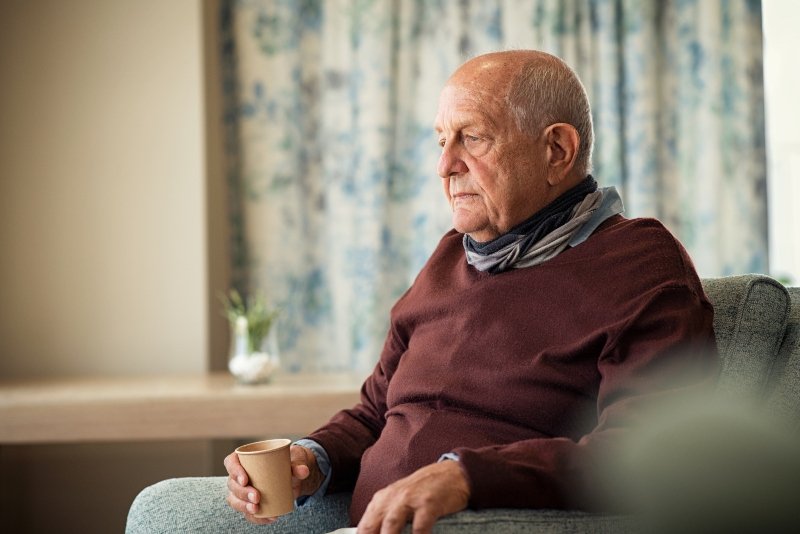What stops older people from exercising and how you can help
We know that exercise offers many benefits, whatever your age. These include reducing the risk of conditions such as cardiovascular disease, diabetes and depression and helping you maintain a healthy weight.
Exercise is also an opportunity to stay connected to others and build valuable relationships, which are all the more important as we age.
Sadly, many older people are simply not exercising enough. The 2017–18 Australian Bureau of Statistics (ABS) National Health Survey (NHS) found that 82% of older people (aged 65 and over) were not meeting guidelines for physical activity. 38% of this group did no physical activity at all during the timeframe examined by the survey.
Let’s take a closer look at why older Australians aren’t getting the exercise they need and how you can help if you are concerned about a loved one.
What is the recommended activity level for older people?
First, let’s understand more about the recommended activity levels for older people.
The Department of Health says that people aged 65 years and over should aim for at least 30 minutes of moderate activity every day or most days.
Moderate activity can include:
Swimming
Brisk walking
Cycling
Aerobics
Gardening
Housework like vacuuming
It doesn’t matter what the activity is, as long as it gets the heart beating faster and makes you breathe harder while still being able to talk.
What stops older people from exercising?
There are many reasons why older people don’t exercise as much as they should, or not at all.
These range from the obvious — for example, living with a condition like arthritis that makes mobility difficult, through to psychological issues.
For example, an older person may:
Be fearful of injuring themselves
Not like going out of their home
Be self-conscious about their fitness levels
Feel depressed and lacking in motivation
And for the elderly, exercise can be harder to get back into the longer they have been inactive.
But the good news is that there are lots of different options for the elderly to exercise, and you can act as their cheerleader to motivate and inspire them.
Related reading: Simple Exercise Tips For Seniors
What can I do to help?
If you have an elderly relative or friend who is reluctant to exercise, try to identify the underlying reasons first. This will help you steer them towards a suitable older person’s exercise program.
For a health condition that limits their mobility, suggest low-impact exercises that are gentle on the joints like swimming, walking or cycling.
If they are worried about falls or injuries, older people’s exercise classes are an ideal choice as they will be led by an instructor who will keep them safe.
For the elderly, exercise at home is a good alternative if they find it difficult to get out and about. Take inspiration from YouTube videos, or help them try a simple activity like walking up and down the stairs.
And for anyone who’s demotivated or self-conscious around exercising, offer to be their exercise buddy so you can enjoy an activity together and spur each other on.
How else can I help my elderly relative live a full life?
Exercise is just one part of living a full and independent life as you get older. This is so much easier for an older person if they have a supportive relative or friend to help them achieve their goals.
If this sounds like you, you’ll be interested to know about the Tunstall range of in-home and personal alarms to help your loved one lead the worry-free life they deserve.
When activated, Tunstall alarms connect to a 24/7 call centre as part of their Connected Care system. This means that your elderly relative will be able to speak to a call centre staff member straight away who will be able to send help if required.
As well as the practical support this offers, it’s also a way of achieving peace of mind in the knowledge that help for your loved one is only a call away.
Any questions about Tunstall products? Contact our team to find out more about our alarm and care solutions to promote a more fulfilling and independent life.


